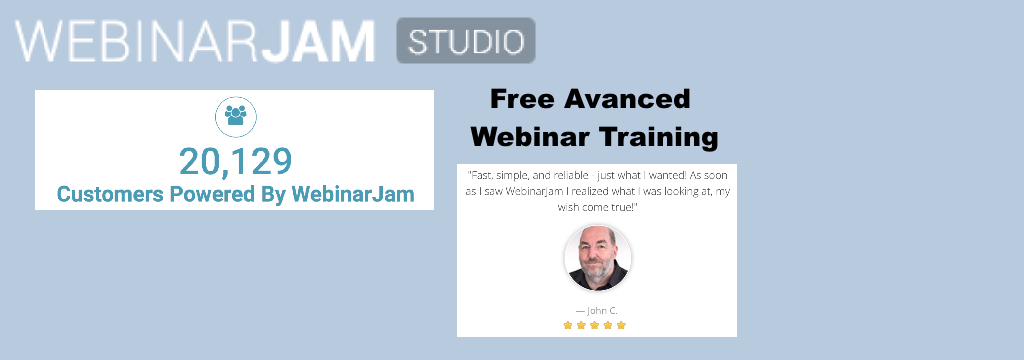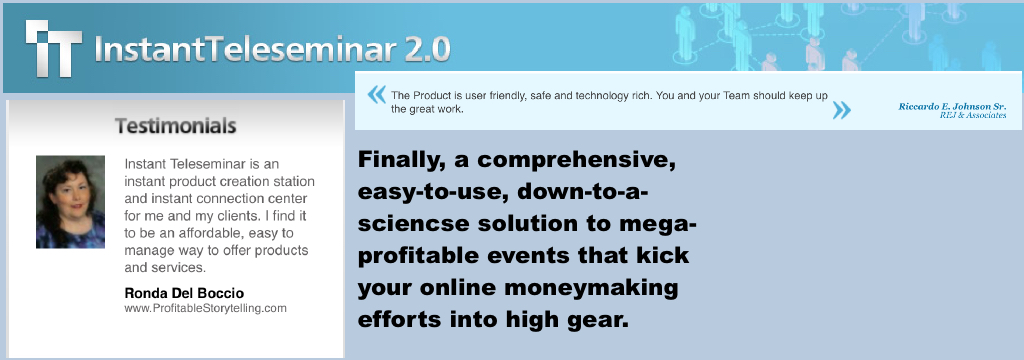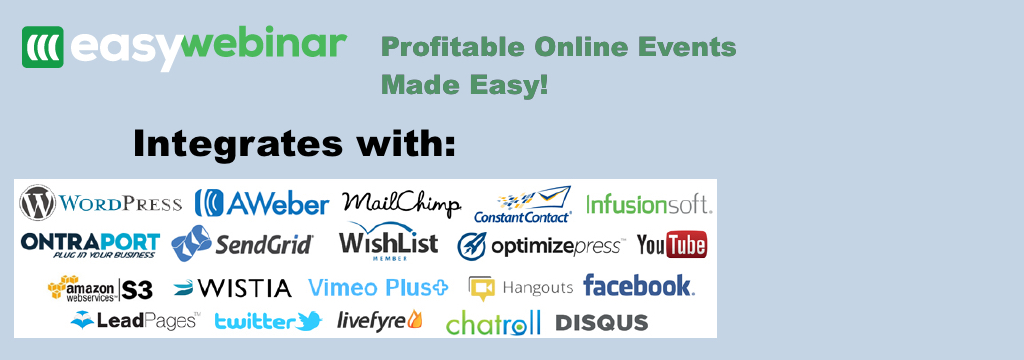Advanced VAT for E-Commerce Businesses
Sign up to be notified of new teleseminars daily! |
| Description: | This tax training will help you understand the concept of value added tax and how VAT can affect the e-commerce business of your organization. It will provide you simple but powerful tools to develop an efficient and comprehensive global VAT strategy. Why Should You Attend : Value-Added Tax (“VAT” – also “Goods and Services Tax (GST)”) is a tax that is levied on most sales of goods and services in almost every country outside the U.S., with rates varying from 7% to 27%. U.S. companies doing business outside the U.S. are typically confronted with VAT issues or miss VAT opportunities as a result of inadequate preparation and knowledge. This webinar will help you understand how VAT impacts your e-business, and provides simple tools and techniques to improve your global VAT management. The focus of the webinar will be on companies that sell goods and services online to buyers in the European Union. Learning Objectives: Upon completion of this program, participants will be able to: Understand the current trends in global indirect taxation of e-businesses Understand the impact of VAT on your organization Start to identify potential VAT sensitivities and opportunities within your company’s operations, global pricing and billing/accounting systems Areas Covered in the Webinar: The basics of Value Added Tax The importance of developing a Global VAT strategy Key VAT issues for E-Businesses Compliance and reporting Upcoming changes in legislation Who Will Benefit: CFOs, Controllers Global Logistics Manager Tax Managers Global Supply Chain Manager Global Business Development Manager Global Finance Manager Staff with roles and responsibilities in global logistics, supply chain planning, global business development Instructor Profile: Mark Houtzager supports U.S. based multinationals in dealing with non-U.S. transaction taxes, such as Value Added Tax, Goods and Services Tax etc. Mr. Houtzager provides consulting services, interim management and supports discussions around overseas business development and supply chain management. His main clients are U.S. based multinationals, including a global manufacturer of computers and a global manufacturer, distributor and retailer of coffee and tea. He also has a diverse portfolio of clients that sell goods or services online, such as game developers and online payment facilitators. As a seasoned VAT consultant, he has a distinguished track-record of writing and co-authoring articles and books, both in English as well as in Dutch, his native language. He also leads VAT-related training events, for conferences or for example brief “lunch & learn”-type introductory sessions. With his practical and business-minded approach, his presentation style has been described as ‘very to-the-point’ and ‘exactly the practical approach that I needed’. Topic Background: A value added tax (VAT) is a form of consumption tax. From the perspective of the buyer, it is a tax on the purchase price. From that of the seller, it is a tax only on the value added to a product, material, or service, from an accounting point of view, by this stage of its manufacture or distribution. The manufacturer remits to the government the difference between these two amounts, and retains the rest for themselves to offset the taxes they had previously paid on the inputs. The value added to a product by or with a business is the sale price charged to its customer, minus the cost of materials and other taxable inputs. A VAT is like a sales tax in that ultimately only the end consumer is taxed. It differs from the sales tax in that, with the latter, the tax is collected and remitted to the government only once, at the point of purchase by the end consumer. With the VAT, collections, remittances to the government, and credits for taxes already paid occur each time a business in the supply chain purchases products. |
| URL: | http://www.complianceonline.com/ecommerce/control/trainingFocus/~product_id=703118?channel=telesemin |
| Date: | Thursday, September 26, 2013 |
| Time: | 2:00pm-3:00pm UTC |
| Duration: | 1 hour |
| Access: | Public |
| Category: | Business*, Finance*, Webinar* |
| Created by: | Public Access |
| Updated: | Thursday, August 29, 2013 9:31am UTC |
| : | $199 |
| : | +1-650-620-3915 |
| : | referral@complianceonline.com |
| : | Referral |
| : | +1-650-620-3915 |
| Comments: | None |




